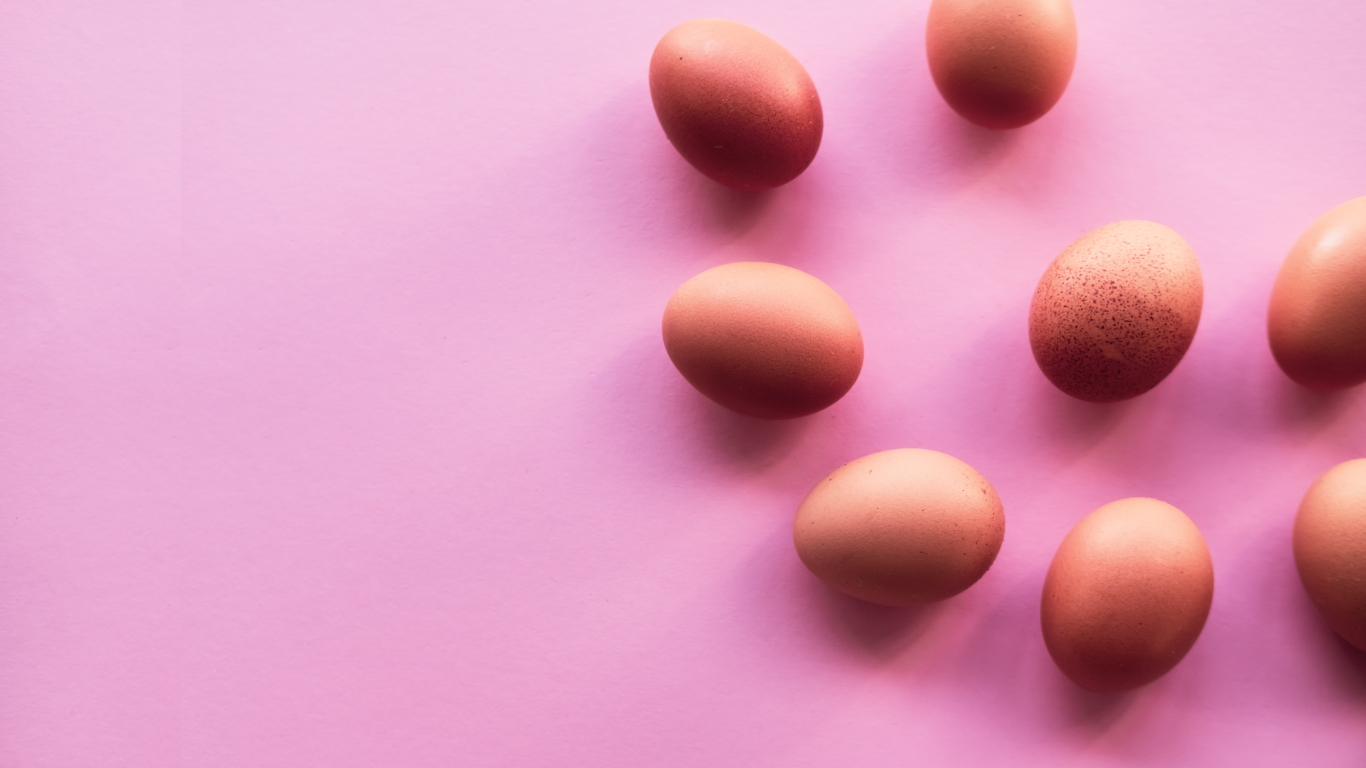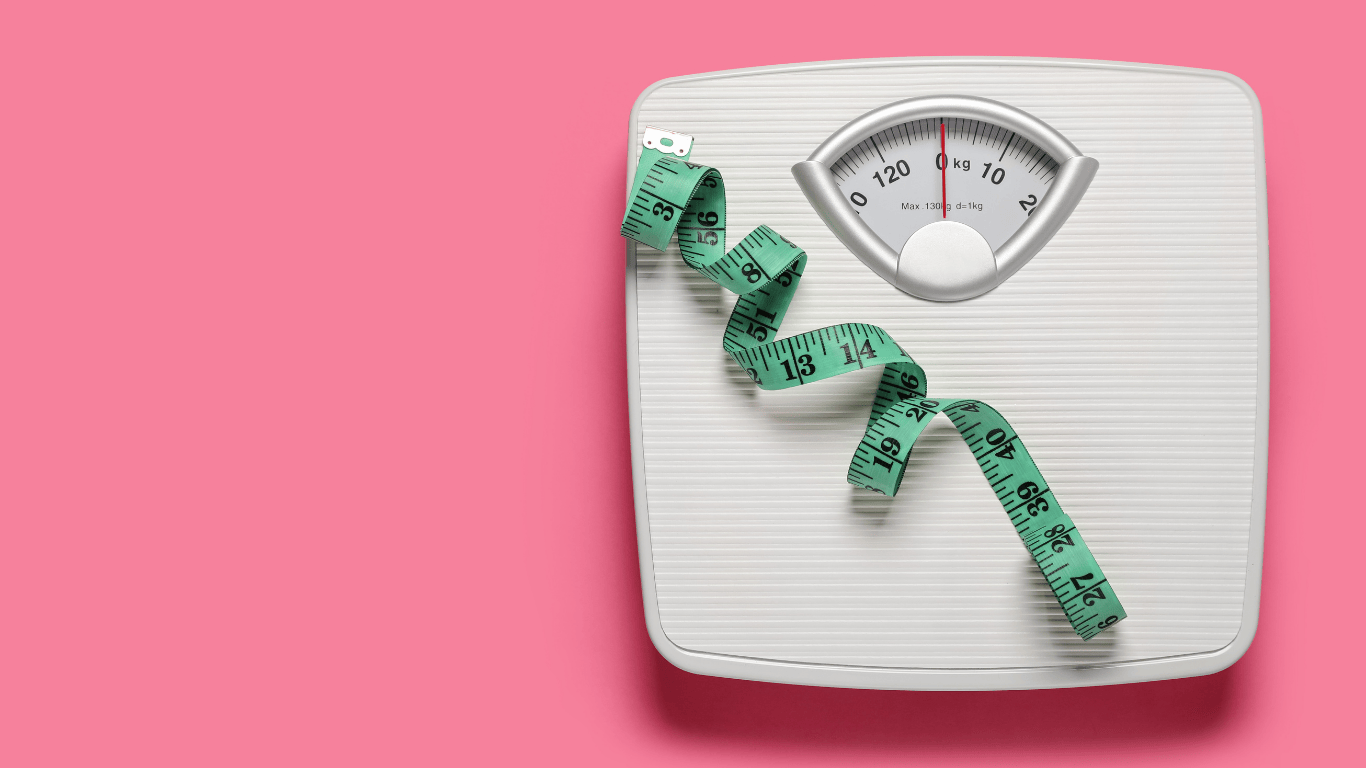
If you are preparing for IVF, whether through a fresh or a frozen embryo transfer, 2 questions you may be asking in order to support the chances of an embryo implanting successfully are: Are there any foods to avoid after embryo transplantation? And, what are the best foods to eat after embryo transfer?
The good news is we have the answers to both questions! Research shows nutrition can have an impact on fertility at all stages of the fertility journey, including at the point of embryo transfer and the days leading up to implantation.
This blog is going to talk about what foods to avoid eating after embryo transfer and why, we’ll discuss.
- Red and processed meat
- Sugary foods
- Salt
- Caffeine
- Ultra-processed foods
- Alcohol
- Skipping meals
We will also provide ideas of alternative foods to eat after embryo transfer to support the chance of implantation.
What happens during embryo transfer?
The process of embryo transfer itself is a relatively short procedure, usually taking 15-30 minutes. The embryo (or a more mature embryo called a blastocyst) is placed inside the uterus using a long, thin, flexible tube.
Once the embryo is transplanted the 2-week wait begins, during that time there is plenty going on inside the uterus.
Days
1-5 – the blastocyst hatches from its shell and starts to try and attach itself to the uterus, its cells will continue to divide.
2-5 – implantation begins, and the blastocyst moves deeper into the uterus lining.
4-5 – implantation is complete, the embryo will connect to the endometrial blood supply and cells start to form that will become the placenta and foetus.
6 – the body starts to produce hCG – a hormone signalling to the body that it is pregnant.
7-8 – the pregnancy continues to develop, hCG promotes this.
9 – The earliest day that hCG hormone may be detectable by a test.
Which foods to avoid after embryo transfer
A favourable environment for embryo implantation is one that promotes low levels of oxidative stress and a receptive uterine lining.
Inflammation is something that can have adverse effects on fertility, including implantation failure. Some foods contribute towards inflammation and so are ones to steer clear of at the moment.
- Red meat and saturated fat – A higher consumption of red meat and saturated fat can reduce implantation rates and increase the risk of spontaneous abortion. A recent review of research has shown that red meat, especially processed red meat can contribute towards inflammation. Try to stick to lean protein sources including fish, beans, and lentils.
- Sugary foods have a high glycaemic index which causes spikes in blood sugar, reducing insulin sensitivity, a risk to fertility. Regular consumption of sugars affects hormone levels, which play an important role in the maintenance of the uterine lining. Get your sweetness fix from fruits, these are high in beneficial antioxidants and have a lower glycaemic index.
- Salt – well known for increasing blood pressure, it’s linked to increased inflammation and adverse pregnancy outcomes. This puts it firmly on the list of foods to avoid after embryo transfer. Herbs and spices can give great flavours that are lower in salt.
- Caffeine – may increase the risk of miscarriage, limit your intake to 200mg per day (about 2 mugs of tea or 1 cup of coffee per day). If you have experienced prior pregnancy loss, less than 100mg may be safest. Decaffeinated options can be an easy swap.
- Ultra-processed foods – are often high in sugar, saturated fat and salt all linked to chronic inflammation. A recent study in China found people with a higher consumption of candy, chocolate, baked goods and puffed food were 17% less likely to achieve a biochemical pregnancy during IVF.
- Alcohol – disrupts hormone levels in the menstrual cycle, which are being carefully controlled at this stage in the IVF process. There are some great alcohol-free alternatives on the market. Avoid switching to high-sugar alternatives like juice or soft drinks.
How to prepare for embryo transfer
Pregnant until proven otherwise!
The exciting part of this step in the process is that following embryo transfer you are pregnant until proven otherwise!!! This means now is the time to start thinking about what you should (and shouldn’t) be eating to protect your baby.
As we’re thinking about foods to avoid after embryo transfer, a quick rundown of foods to avoid during pregnancy includes:
- High levels of vitamin A – although you need some, while you are pregnant you don’t want too much. Avoid supplements that contain it as well as foods made from liver such as pate.
- Unpasteurised cheese – carries a risk of listeria
- Raw or undercooked eggs, meat, and fish – carry a risk of salmonella.
- Foods containing mercury – stay away from swordfish, marlin and shark, and limit oily fish intake to two portions a week.
If you are after more information about a pregnancy diet here’s a link.
Best foods to eat after embryo transfer
So far we have focussed on what you shouldn’t be eating. What you are eating is equally important. There are plenty of foods that can aid embryo implantation and be added to your diet as part of embryo transfer preparation and the 2-week wait.
If you aren’t sure what those foods are, have a look at this blog on foods to eat after embryo transfer to support implantation.
You can also check out our Implantation & 2 Week Wait Meal Plan & Guide which incorporates all of the foods and nutrients you need to support successful implantation into a 2-week meal plan inclusive of recipes for breakfast, lunch, dinner and snacks.
Myth Busting
Thee are plenty of fertility nutrition myths floating around the internet especially when it comes to implantation and the two-week wait. We are going to bust some of those for you today.
Will eating pineapple help implantation?
Pineapple has become a symbol for some when encountering fertility problems. It is a delicious fruit, which like many other fruits and vegetables is high in vitamin B6 and vitamin C. Its core contains the enzyme bromelain which some suggest helps with implantation however there is currently no research to back this up.
What we do know is that some people experience upset stomachs, diarrhoea and allergic reactions after eating pineapple core. If it’s something you’ve been enjoying for a while there’s no reason not to continue. It probably isn’t a good idea to binge on the night before embryo transfer and risk unpleasant side effects on the big day.
Should I consume warm foods after embryo transfer?
This recommendation is based on a traditional Chinese medicine understanding that a cold womb is linked to infertility. Western medicine hasn’t done much research on this topic. There aren’t currently any studies to demonstrate eating warm foods after embryo transfer will support the process. Having said all that, warm foods can make lovely comfort food, if you fancy a stew or soup it won’t do you any harm.
Warm foods may not be a problem, but getting too hot in baths or saunas can harm a pregnancy. Advice is to avoid them during pregnancy.
In conclusion
There is plenty you can do to optimise your food intake to support your chances of a successful conception after embryo transfer. As well as foods to avoid before embryo transfer it is also important to consume foods that are going to support your chances of a successful implantation. Dietary changes in the 4-6 weeks leading up to embryo transfer can influence chances of success so getting prepared and optimising your diet early can be useful – the Implantation and 2 Week Wait Meal Plan & Guide is a handy tool to help you do just that.



